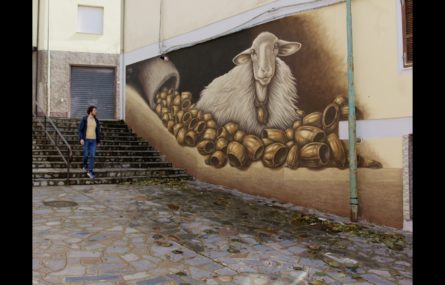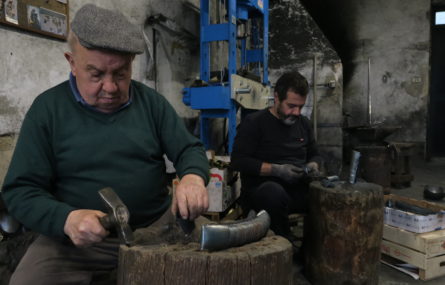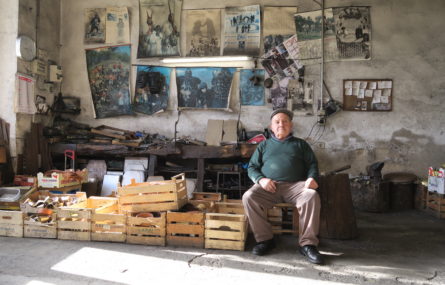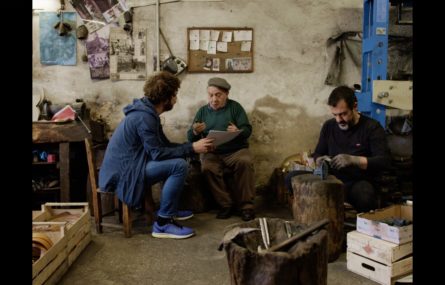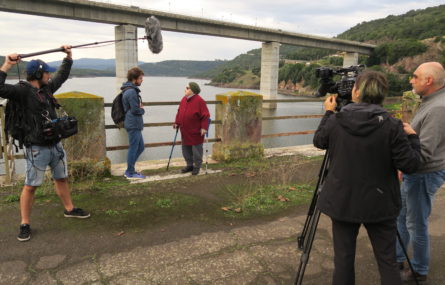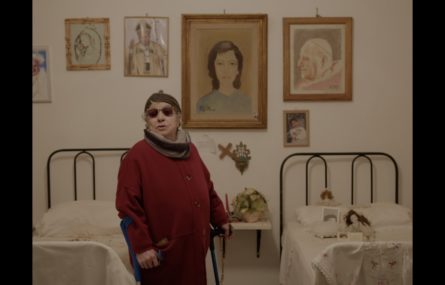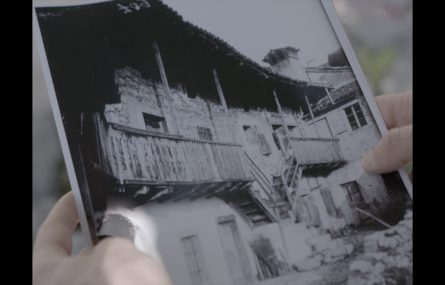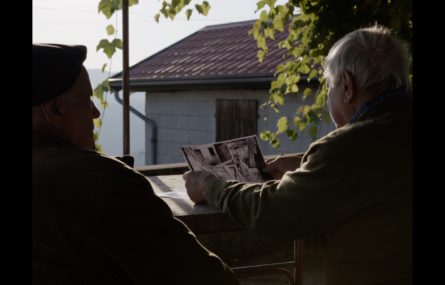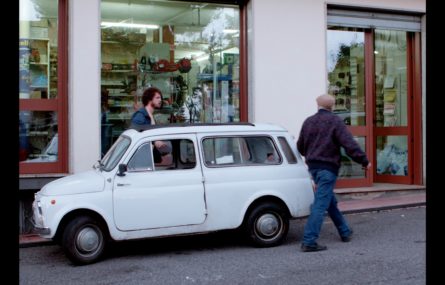Synopsis
The passion for vintage photos mixed with coincidences led Lorenzo to discover the visual archive and the researches of the linguist Ugo Pellis. His own desire to go looking for the children of those pictures, instead, leads him to take a journey in the places explored by Pellis in the ’30s.
Lorenzo travels through Friuli, the place where Pellis started his researches, and Sardinia, where the most of the pictures had been taken. Mainly exploring small villages, the only objects Lorenzo has to pursue his research are the almost hundred years old photos. Usual locations of investigations are elderly houses, senior centers, bars. The research, though, often becomes door-to-door.
The journey becomes a carousel of experiences, places and encounters, twists of fate and surprises, where people and their memories are the real protagonists.
In the end, as every other journey, Pellis’ journey is just a pretext. It allows us ourselves to “wander” around and to observe, comparing the traces of the past with the signs of the present. It gives us the time to listen and to forward testimonies. Most of all, is a catalyst to talk about memory through different perspectives: community, identity, love, death.
It is a game in which intimate memories and stories blend with the story of a population and a country. A game that involves everybody.
